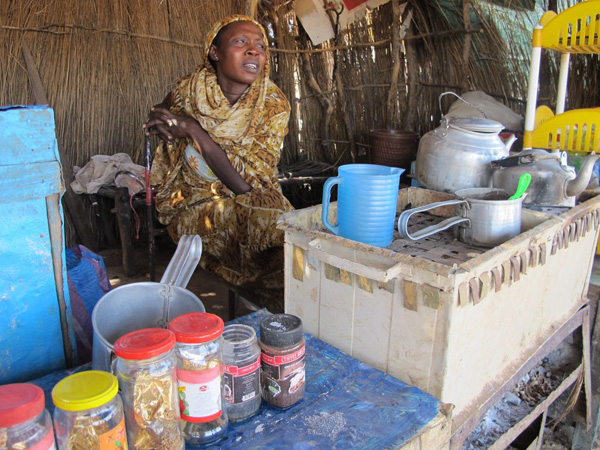
Today, the Enough Project released a report calling for the resolution of the dispute over Abyei, a resource-rich region straddling South Sudan and Sudan. After the Enough Project traveled to the region and conducted interviews with member of Abyei’s two communities in December 2012, the urgency of resolving the disputed territory’s status and subsequently preventing violence during this year’s dry season became even more apparent.
This video filmed during the field visit captures the sentiments of the Ngok Dinka and Misseriya communities:
In September 2012, the African Union High Level Implementation Panel, or AUHIP, presented a proposal that would protect migratory, civic, political, and economic rights of the two communities with the greatest stake in Abyei: the southern-aligned Ngok Dinka, who have historically inhabited Abyei, and the northern-identifying nomadic Misseriya pastoralists. The September AUHIP Proposal calls for a referendum to determine the final status of Abyei, continued rights for local Ngok Dinka and Misseryia communities, migratory rights for the Misseriya and other pastoralists, and economic development and revenue sharing for Abyei and surrounding communities. Unfortunately, the government of Sudan rejected this proposal without offering constructive alternatives for resolving Abyei’s final status.
As a result, there remains deep-rooted polarization and underlying fear between the Ngok Dinka and Misseriya communities. Report authors Renata Rendon and Amanda Hsiao write:
The question of Abyei’s final status has remained open for decades, and the people of Abyei continue to suffer the effects of the cyclical conflicts produced by the continuing ambiguity. Sudan has repeatedly agreed to a referendum to determine Abyei’s final status, only to renege on its obligations. This pattern must end.
To remedy the final status of the disputed Abyei area and halt the ongoing fear of violence during the migration season, the report recommends the international community should support the immediate resumption of negotiations over the area’s final status by:
- Providing assistance to the Abyei Joint Oversight Commission, or AJOC, to immediately constitute the Abyei Area Administration, the Abyei Area Council, and the Abyei Area Police Service and establishing a deadline by which this should occur.
- Stating publicly that the AUHIP Proposal is the best available mechanism for resolving Abyei’s final status, ensuring the continued protection of the rights of the Ngok Dinka and Misseriya in the area, and creating long-term peace and stability along the North-South border.
- Demanding that Sudan and South Sudan immediately agree upon a vehicle for determining Abyei’s final status prior to an identified deadline.
- Encouraging and supporting civic education programs with the Misseriya, Ngok Dinka, and other local and international peace actors to explain the AUHIP Proposal, all of its contents, and specifically the protections and rights it affords both communities.
Read the full report, “Resolving the Abyei Crisis: Preventing Violence and Promoting Peace”
Photo: A Misseriya woman selling tea in the village of Goli in northern Abyei (Enough / Amanda Hsiao)
Related Stories:

